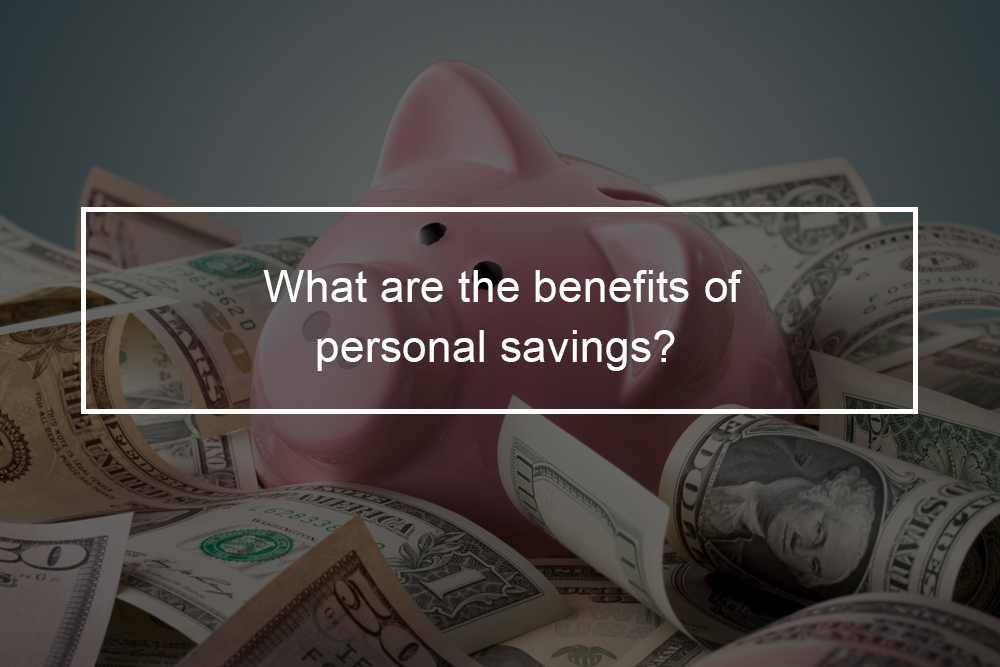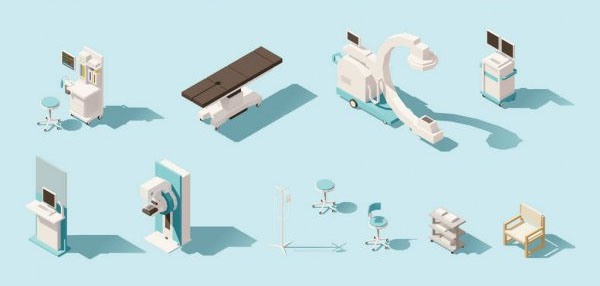
What are the pros of personal saving?
Living beyond your means by utilizing credit cards to pay for daily expenses soon results in a situation where you cannot pay your bills, much less save any money. The first strategy to savings is to develop a budget where your income is higher than your outgo. It is a challenge to say no to that vacation, car, or expensive wardrobe and save money, but what are the advantages?
Saving can cover emergencies
Emergencies occur to everyone. The dentist says you require a root canal, the car breaks down, or the sliding glass door cracks. Having personal savings offers you peace of mind since you know you will have the resources to cover these emergencies without using your credit cards, or even worse, a payday loan. Usually, a payday loan is a check you write post-dated for fourteen days or thirty days in the future. The application fee goes for thirty percent of the loan amount. So in case you borrow $500, the charge might be as much as $150, which indicates that you would write the check to the payday loan organization $650. In case you cannot pay the loan back in the fourteen days, it is rolled over with another $150 charge.
Savings accounts will usually generate interest over time
Even though interest rates have been meager since 2007, with many savings accounts having an interest rate below one percent, you will still generate interest over time with an account. That indicates you have more earning potential with your money compared to keeping it in a safe at home.
Saving accounts in the United States are insured
When you create a savings account at a financial organization in the United States, look for it to report the NCUA or FDIC protects it. This will shield your savings to the maximum amount that is permitted by law. Standard deposit insurance is limited to $250,000 for every depositor per insurance financial organization, in every ownership category.
Your money is still readily accessible
With most credit unions and banks, you have online access to your funds twenty-four hours per day. All you require to have is a data connection or access to the internet. Most organizations will enable you to link your savings account to other accounts you might have, such as checking accounts, which can assist you to avoid expensive overdrawn charges. This also enables you to quickly transfer money from one account to another, even outside of regular banking hours.
Savings can cover lost wages
Nobody likes to think about the chance of losing their source of income; however, it is a fact of life. Typically the unemployment rate is lingering around 3.6 % at a period of publication. You might receive severance pay in case the company is going through a layoff. You might not in case the organization is going bankrupt or goes out of business. An accepted principle is to lay away three months’ living expenses into a savings account. The savings cover you in case of prolonged illness where you cannot work for several weeks.
Your money is kept safe
Since your money is being held by a third-party, it amplifies your personal safety. Not only does saving cash on your property make you a target for a possible robbery, but also losses like that are not always covered by a homeowner’s or renter’s insurance policy. In case there was a natural disaster in your home, such as fire, you can lose your cash as well. Keeping your money in a savings account keeps you and your money safer.
Savings can increase your net worth
Net worth can be defined as the differentiation between what you owe and what you own. A conservative strategy to net worth does not comprise the value of any real estate, any mortgage against the real estate, or your home. Personal assets do not have an impact on your credit score. Nonetheless, those assets are regarded when you are applying for a personal loan or mortgage. Utilizing some of your personal savings to pay down debt does increase your credit score. Personal savings offer you a head start on retirement as well. The earlier you begin saving, the higher your fund will be.
You can create an account with very little cash
Many savings accounts can be created for just $25. Some organizations might have an even lower limit. Sometimes enabling an account to be created for as little as $1. This offers you a chance to start saving your money, also though you do not have much to save at the beginning.
Savings accounts can offer automated bill payments
Most financial institutions enable bills to be paid automatically out of a savings account without being subjected to the withdrawal and transfer laws. This allows you to save time since you do not need to pay each bill every month manually, and you are less likely to experience late charges since you missed or forgot a payment. Of course, you will need to have money in the account to pay the bill, but in case you do, you will be able to maintain a better credit score over time.
Personal savings prevent interest expenses
By saving for the initial purchase and paying for it with personal savings rather than using a credit card, you will avoid paying interest. For instance, a $1,500 sofa would cost $1,875 at a twenty-five percent interest rate after a year.
Savings helps to finance vacations
Many Americans would love to go on vacation at least once a year. Nonetheless, this usually is challenging because of a lack of funds. Having accrued savings can make the dream of going on vacation a reality. Friends and family can enjoy a time of relaxation, rest, and bonding together. Using savings to go on vacation is a much better option than getting into debt.
Savings reduce debt
Having some amount in savings can assist one to reduce the amount of debt burden that they have. Savings can be utilized to finance certain expenses rather than using a credit card. This will definitely reduce the amount of debt liability and will also save the amount that could have been spent in interest. Savings also assist one to avoid taking emergency loans when urgent cases happen, further limiting existing debt.
Gives financial freedom
Accrued savings offers one peace of mind and assists you to enjoy financial freedom. There is solace in one, knowing that there is money that can be used in case the funds are required urgently. This, in contrast to those who live from one salary to the next. They immediately become stuck financially in case any unexpected expense comes up.
Savings helps prepare for retirement
There are long-term benefits of savings. One of them is having money accessible for retirement. Many retirees who depend on a pension often do not have enough to cater to all their needs. Making a habit of saving a small section of one’s income over several years can accrue into a substantial amount of retirement funds. This will make retirement much more comfortable.
Helps finance further education
Fees for further education is a chief expense in America. Accumulated savings will allow you to further your education without having to source funds elsewhere. This will assist you to progress faster in your career. This is particularly useful for those who may not be eligible to apply for a personal loan or education loan.
Savings can help finance your down payment for a mortgage
Savings can be the first step towards one becoming a proud homeowner. All banks need a mortgage applicant to place a down payment of a particular percentage before the loan is approved. The amount to be offered as a deposit cannot be borrowed. Thus, the applicant will be required to obtain it from savings or from friends and family. Savings will be a better alternative since family and friends might have the funds needed. It is evident that those who exercise the discipline of saving have a much lower probability of entering into a financial crisis. It is a worthwhile habit to adopt.












